The Eco-Friendly Choice: Composite Fencing Planks
Introduction to Composite Fencing Planks
In today’s world, where environmental consciousness is at the forefront of many homeowners’ minds, choosing sustainable materials for outdoor projects has never been more important. One such material that stands out in the realm of landscaping and fencing is composite fencing planks. These innovative alternatives to traditional wood fencing offer numerous environmental benefits, from reducing the need for chemical treatments to their extended lifespan. In this article, we will delve into why composite fencing planks are an eco-friendly choice and how they contribute to a greener lifestyle.
Sustainability of Composite Fencing Planks
Composite fencing planks are made from a combination of recycled wood fibers and plastic materials, often sourced from post-consumer waste like milk jugs and detergent bottles. This recycling process not only reduces the amount of waste in landfills but also decreases the demand for virgin timber, which is crucial for preserving forests and biodiversity. According to a study by the U.S. Environmental Protection Agency (EPA), recycling one ton of plastic can save approximately 7.4 cubic yards of landfill space. By using composite fencing planks, homeowners can significantly reduce their ecological footprint while enjoying the benefits of durable, long-lasting fencing.
Reduced Need for Chemical Treatments
One of the significant drawbacks of wooden fences is the necessity for regular chemical treatments to protect them against rot, decay, and insect infestations. These treatments often involve harmful chemicals that can leach into the soil and waterways, posing risks to both the environment and human health. Composite fencing planks, on the other hand, are inherently resistant to moisture, rot, and pests. They do not require painting or staining, which further reduces the need for potentially toxic chemicals. This inherent resistance means that composite fencing planks can maintain their structural integrity and appearance without the need for ongoing chemical applications, contributing to a safer and cleaner environment.
Longevity Compared to Wood Fences
Another key advantage of composite fencing planks is their longevity. Unlike wood fences, which may degrade over time due to exposure to the elements, composite fencing planks are designed to withstand harsh weather conditions and retain their aesthetic appeal for decades. A study published in the Journal of Materials in Civil Engineering found that composite materials can last up to three times longer than traditional wood fences. This extended lifespan means fewer replacements and less waste over time, further reducing the environmental impact of fencing projects. Moreover, the durability of composite fencing planks ensures that homeowners can enjoy their outdoor spaces without the frequent maintenance and replacement costs associated with wood fences.
Conclusion: Embracing Composite Fencing Planks for a Greener Future
As the world continues to grapple with environmental challenges, it is essential for individuals to make informed choices that promote sustainability. Composite fencing planks offer a compelling solution for those seeking an eco-friendly alternative to traditional wood fencing. By reducing waste, minimizing chemical usage, and providing long-lasting performance, composite fencing planks contribute to a greener lifestyle. As more homeowners embrace these sustainable materials, we can collectively work towards a future where our choices benefit both our homes and the planet.
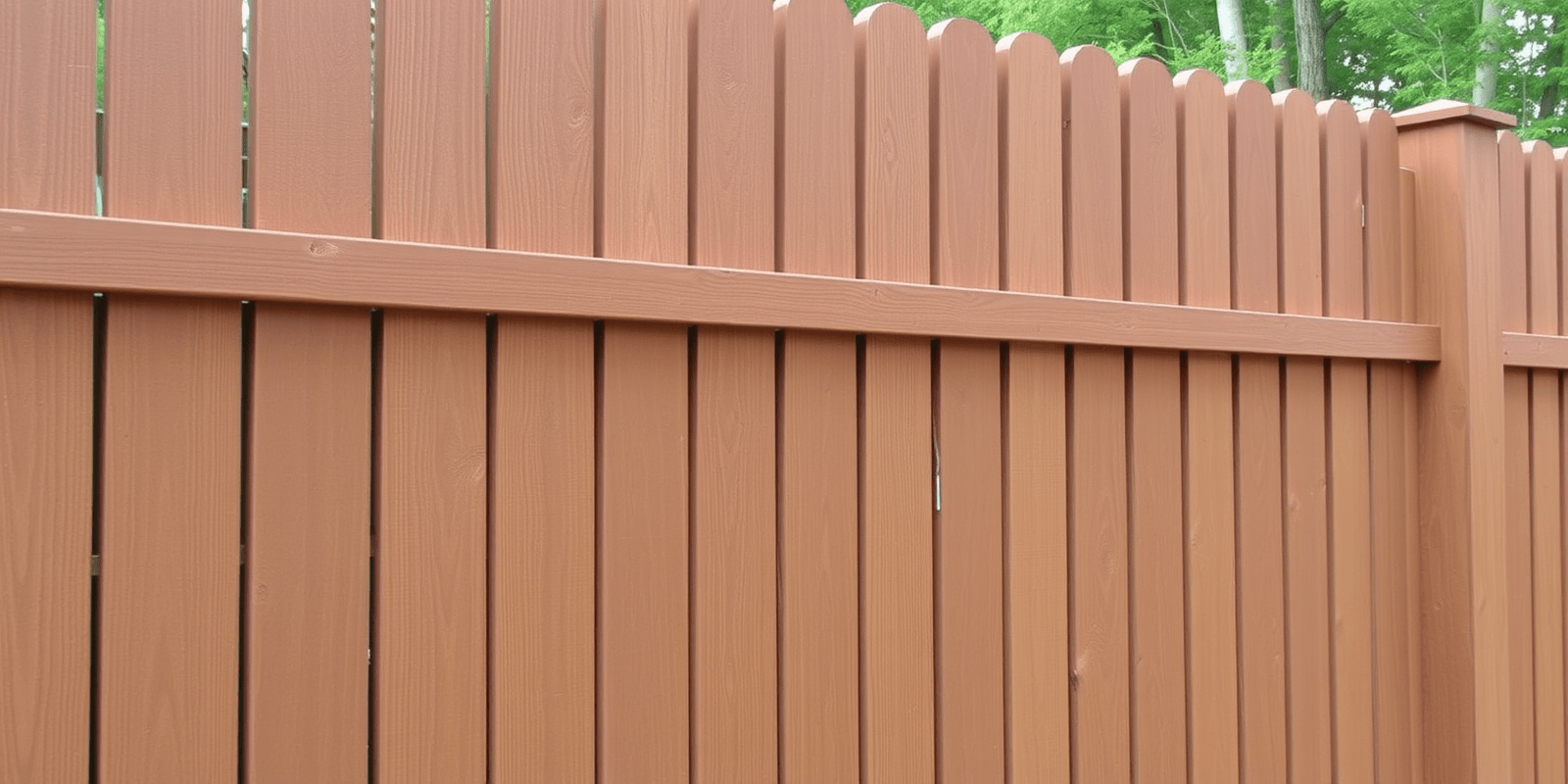
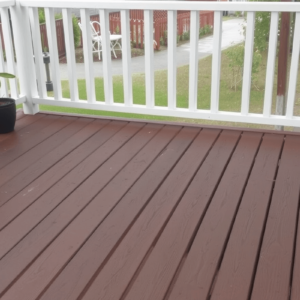
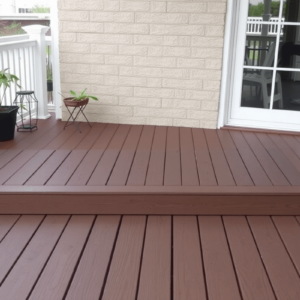
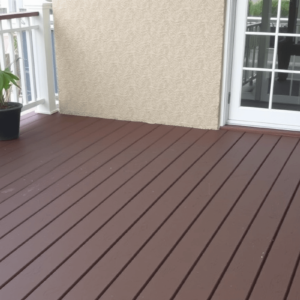
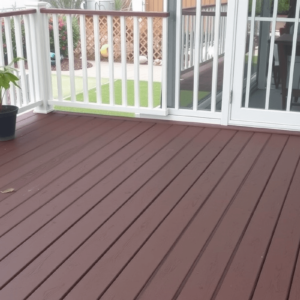
Reviews
There are no reviews yet.